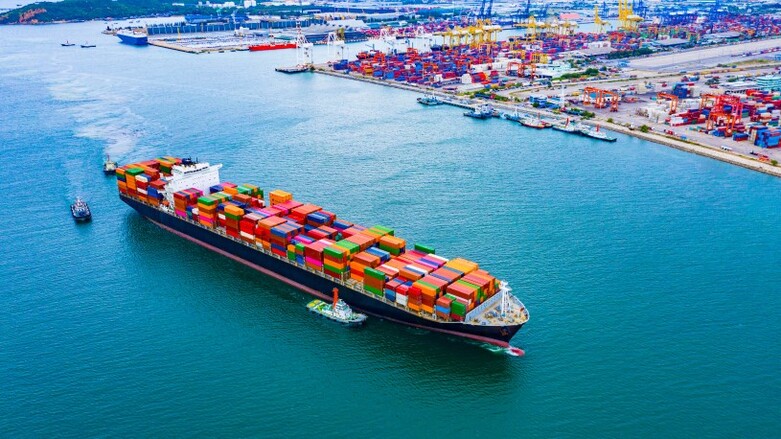Working together for efficient and sustainable trade
Partnerships for Sustainable Trade
-
Client
German Federal Ministry for Economic Cooperation and Development (BMZ)
-
Country
Global (Balkans, Jordan, Cambodia, Kenya, Morocco, Mauritania, Tunisia, Ukraine)
-
Political sponsors
More
-
Runtime
2024 to 2027
-
Involved
State and private sector actors in trade facilitation (including customs authorities, border authorities, business associations), members of the Global Alliance for Trade Facilitation (GATF), relevant partners in Geneva (including representatives from countries in the Global South, international organisations and non-governmental organisations), international think tanks and research institutions
-
Products and expertise
Economic development and employment
Context
Trade between countries contributes to economic growth. It is therefore in the common interests of companies and governments to dismantle trade barriers.
However, complex customs regulations and non-transparent border procedures hamper trading opportunities. This reduces incentives for international companies to invest in countries with unfavourable trade and investment conditions.
In addition there are global changes such as climate change. This primarily affects countries in the Global South, which are heavily dependent on natural resources and are hit particularly hard by the impacts of climate change.
To address these changes, achieve global sustainability goals and close investment gaps, a change in thinking and adapted approaches are required, and the multilateral trading system needs to be made fairer.
 © GIZ / Adobe Stock
© GIZ / Adobe StockObjective
In Jordan, Cambodia, Kenya, Morocco, Mauritania, Tunisia and Ukraine, measures have been established to facilitate trade and protect the climate and environment.
Approach
The project promotes cooperation between companies, associations and state institutions and builds on the successes of the previous phase. The focus is on implementing the Trade Facilitation Agreement. As part of this, the project combines development goals with economic interests.
The project:
- Plans and implements trade facilitation measures in various countries in Africa, the Balkans, the Middle East and South-East Asia
- Increases efficiency and reduces customs clearance costs by digitising processes and commercial documents
- Supports developing countries in representing their interests structurally and politically in the multilateral trading system and in the WTO in Geneva with regard to investment facilitation, trade and climate
- Promotes existing processes together with partners in Geneva – including representatives of developing countries, international organisations and NGOs
 © GIZ / Adobe Stock
© GIZ / Adobe StockLast update: November 2024






